In this interview, AZoNano speaks with University of Manchester spin-out Watercycle Technologies about their membrane technology that is hoping to sustainably localize the UK's lithium supply chain as well as their partnership with the Graphene Innovation and Engineering Centre. The GEIC links with The University of Manchester, a world-leader in advanced materials research and innovation.
Please could you introduce yourself and tell us about your position at Watercycle Technologies?
Ahmed Abdelkarim: My name is Ahmed Abdelkarimd. I am the CTO and Co-Founder of Watercycle Technologies and the first Egyptian entrepreneur at The University of Manchester. My background is in using membrane technology for water and wastewater treatment.
In 2016, I was offered 1 year scholarship in the UK, so traveled from the National Research Center to continue research at The University of Manchester as part of my Ph.D., which is where I met Seb for the first time. When Seb told me about Watercycle, I was really enthusiastic about having a real environmental impact, so I joined the company.
Seb Leaper: I am Seb Leaper, I am the Co-Founder and CEO of Watercycle Technologies. Following my background in materials science, I remained in Manchester to pursue a Ph.D. in Chemical Engineering. Following a grant that I won in my first year, I registered Watercycle as a limited company and thought about how we could take our research further than just an academic sphere, marking the beginning of the company. In 2020, we span out from The University of Manchester.
Watercycle Technologies Introduction
Video Credit: Watercycle Technologies/YouTube.com
Could you give an overview of current high-value lithium extraction approaches and the challenges this technology faces?
Seb: The market we are focusing on is Lithium because of the technological capability, the market needs and its relevancy to sustainability. For example, the IEA, the International Energy Association, reckons that we need to increase the amount of lithium by a factor of 50 in the next 20 years.
The markets driving this are predominantly electric vehicles, but others include grid storage and battery packs for homes if they have solar panels, for example. There are also smaller devices like mobile phones and laptops too, which contribute to this ongoing undersupply.
There are two ways in which lithium is currently produced: one is from brine and the other is from hard rock, and both have their own problems. In the case of hard rock, for instance, you have to heat the rock up to over 1000 degrees Celsius and dissolve it in concentrated sulfuric acid, which uses huge amounts of electricity and produces waste products.
Brine mining is predominantly carried out in South America in the 'Lithium Triangle' - a region where Bolivia, Argentina and Chile border each other. Here, the water that has been dug out the ground is full of impurities, with lithium only making up a part of it. To extract the lithium, the water has to undergo successive evaporation and precipitation processes.
The problem is that in that process, you lose about 70% of the lithium that was already in the water, so recovery is very low. This evaporation process also takes up to two years, and if it rains, the production stops.
We are trying to produce as benign a mining process as possible to help address these issues as well as reduce the impact on the environment and local communities.
Ahmed: Our DLEC™ technology is the first of its kind all over the world. It produces lithium carbonate instead of a lithium chloride solution that would require overseas shipping to China for further processing. We sought to create a process where all the steps could be achieved in one site, keeping water and energy usage minimal and much lower than other extraction approaches.
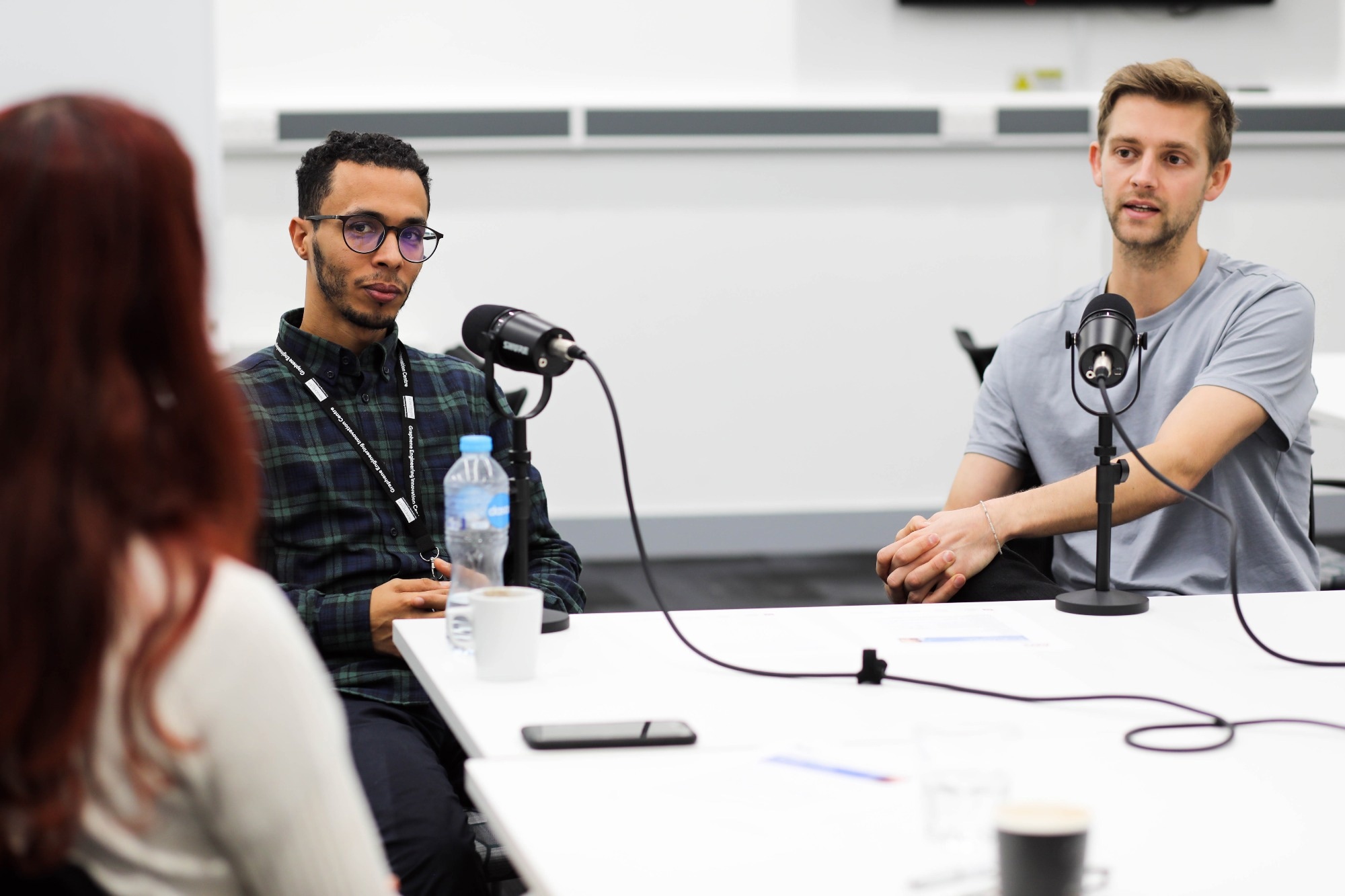
Megan Craig from AZoNano speaks with Dr. Ahmed Abdelkarim (left) and Dr. Seb Leaper (right). Image Credit: Joao Pinto/AZoNetwork
Could the UK localize its lithium economy?
Seb: Absolutely. At the moment, the UK is 100% reliant on imports for lithium yet we are one of the fastest growing markets for electric cars in the world. As Ahmed mentioned, much of our imported lithium has to be processed in China before being shipped to Europe, increasing the air miles and associated carbon emissions of the overall process.
By creating a localized production where lithium carbonate, which is the actual lithium salt that goes directly into battery production, is generated, costs and environmental impact are reduced. In the UK, we are actually blessed with lithium both in the Southwest and Southeast. We think there is a really big opportunity for us to have local domestic UK lithium that is being extracted sustainably and turned into products that are being bought in the UK.
Watercycle Technologies has developed a patented membrane filtration technology to extract high-value metals and minerals like lithium. Are you able to share some of the key characteristics of this technique and how it compares to existing processes?
Ahmed: What is unique about the technology is that we are not just dealing with lithium extraction from the brine; we extract the lithium, concentrate it and transform it into a product in a containerized end-to-end system. Our patented technology portofolio covers the membrane chemistry, the system design, the flow diagram and the process itself - we are covering all of these aspects in our technology.
Seb: Normally, membrane processes are based on pressure and you have membranes with well-defined pore sizes that determine what can go through and what cannot. For example, microfiltration could remove microorganisms while nano or ultrafiltration could target viruses; there is also reverse osmosis which can remove salts.
Our process is different.
Essentially, our technology is a selective absorption process where when the water contacts the membranes, lithium ions are attracted to a selectively absorbent material that allows the lithium to be captured and all other ions rejected.
It is a reversible capture and release process that repeatedly occurs to eventually produce a simple solution composed of lithium and a counter ion like chloride.
Earlier this year, Watercycle Technologies became a Tier 2 partner of the Graphene Engineering Innovation Centre. What support have you gained from this partnership, and how is the GEIC helping the company advance?
Seb: I think we need thousands of institutions like the GEIC around the country. This 'labtry' - a lab/factory hybrid - brings research into the tough world of commercialization, and we do not have enough of this infrastructure.
We are very privileged to be working here because we can scale things up: we have a lab where we can conduct benchtop experiments in small beakers, but we can also scale these experiments up to build a production line. When investors visit, we are able to show them that our work is a real thing and not just a concept in a lab.
A while ago, we conducted a trial and the GEIC provided the staff support and technical support to run it in a safe way. In doing so, we were able to reproduce material that then went on to do a pilot trial with the water from Cornish Lithium and it worked really well.
Ahmed: The jump from bench to commercial is big. I think these centers are critical because it helps to de-risk technologies going through this process. A middle-stage piloting stage will always be needed before moving to a commercial scale. For Watercycle in particular, as we are trying to tackle climate change problems and carbon emissions, we need well-established labs like those here in the GEIC.
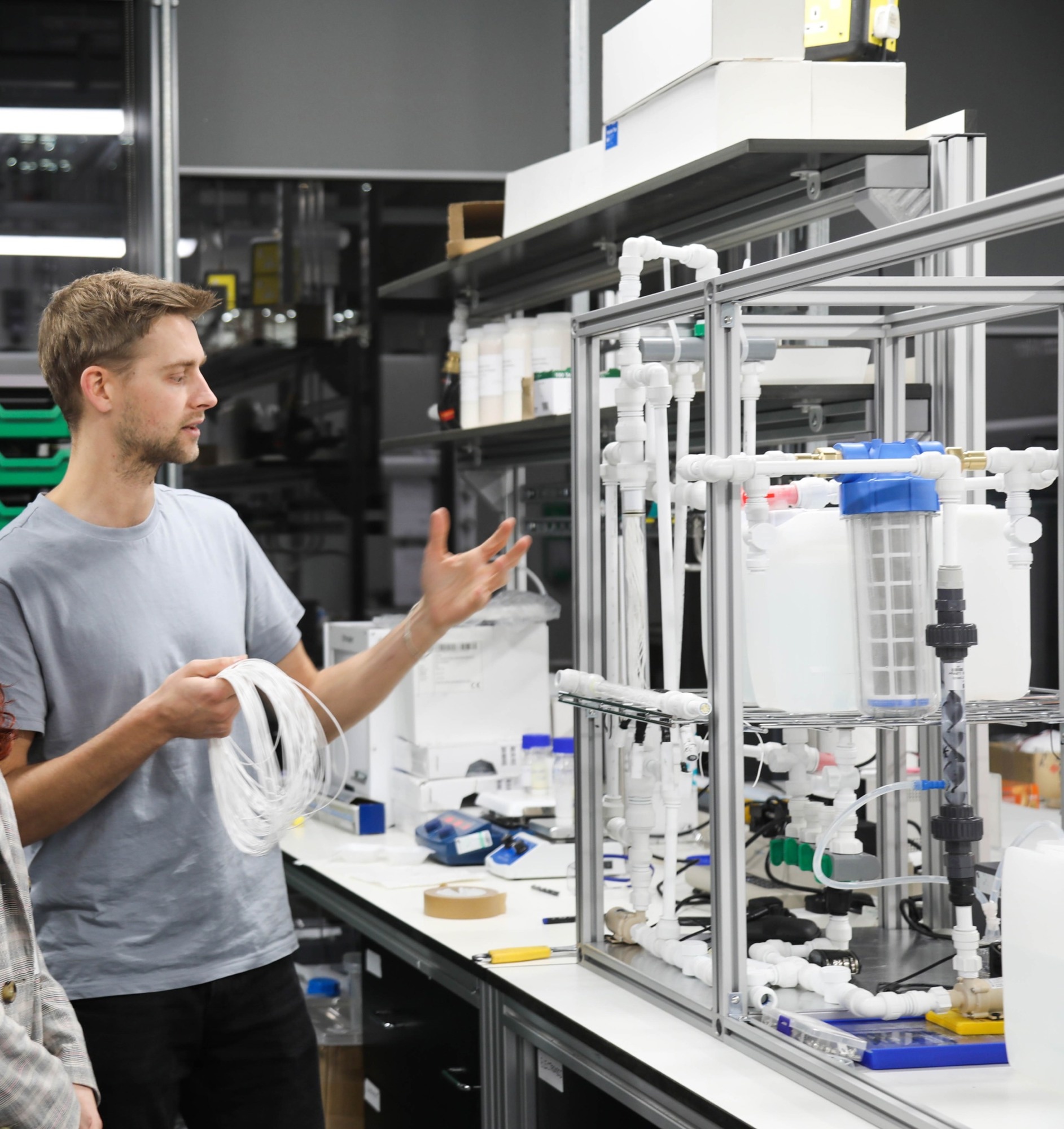
Seb Leaper talks AZoNano through some of Watercycle's systems at the GEIC. Image Credit: Joao Pinto/AZoNetwork
You have also entered a partnership with Cornish Lithium and have been awarded an Innovate UK grant. What does this development mean for the company, and what can we expect to see from it?
Seb: We have been working with Cornish Lithium for a while; they were our first real partners. We have been working with them for a while now and we have a good relationship. We tried for a while to get Innovate UK funding and were awarded two at once, so Cornish Lithium was very happy to support us in that.
We are working as hard as we can to ultimately accelerate the commercialization of their business and resources. They have allowed us to pilot our technology at their facility sometime in 2023, which will hopefully hasten the move toward a commercial system.
From an engineering perspective, it is challenging, but our engineering teams are collaborating to ensure success.
Ahmed: WCT will be the first UK company capable of extracting lithium carbonate from UK-sourced brine, so it will be a win-win for Watercycle and Cornish Lithium and Watercycle.
Designing more sustainable technologies to reduce environmental impact is a growing trend many companies are following. How does Watercycle approach sustainability?
Ahmed: Our vision is to make our process sustainable and in a circular way. Even the material we use for the membrane is a green material. We try to use components that can be recycled when they reach their end of life and can even produce freshwater as a byproduct.
Seb: Ultimately, the view of the company is to bring the cost of lithium down. We are trying to make sure that lithium is in sufficient supply to support technologies tackling carbon emissions. Our interest also spreads to other minerals critical to net zero because bottlenecks of these materials are very likely.
Sustainable production of lithium is one of our core goals to help limit the damage the existing lithium industry has on the environment and is energy-efficient. For example, one of the nice things about the Cornish Lithium project is that the water comes out of the ground at 70 degrees Celsius and our process is thermally driven. So we can use the energy the Earth has already provided us to drive the process. Once the delithiated water is returned to the ground, it is warmed once again and the process continues.
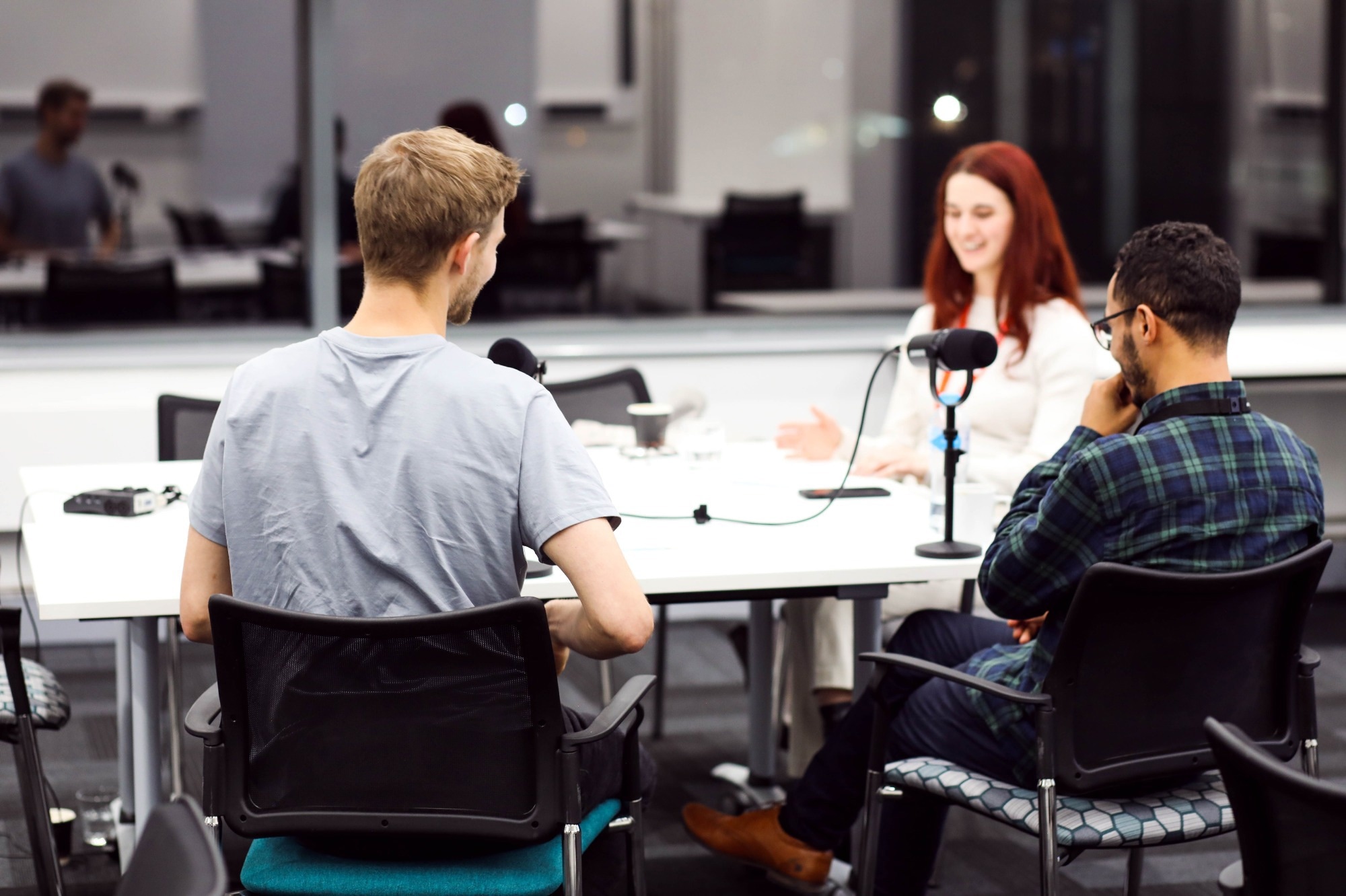
Dr. Seb Leaper (left), Megan Craig/AZoNano (middle) and Dr. Ahmed Abdelkarim (right).Image Credit: Joao Pinto/AZoNetwork
With extraction methods like those developed by Watercycle Technologies, do you predict that lithium will remain dominant?
Ahmed: Yes, we think lithium will be critical, at least to 2040. Even if there are other materials that can be used for batteries, but lithium will remain very important and critical.
Seb: Particularly, people talk about sodium-ion batteries as being a cheaper version of lithium-ion batteries, and there might be promise for sodium in sort of grid storage, perhaps. However, lithium occupies a fairly special place in the periodic table and is the third lightest element. So in terms of cars, which often want a lightweight energy source, I just do not really see it happening.
I think any invention that makes sodium-ion batteries more compelling than current lithium-ion batteries would apply to lithium-ion batteries and would supersede it. It is just based on the physical properties of lithium itself.
But things might change. We might have different types of batteries. For now, though, the current trends in battery technology are requiring more lithium, not less.
About Dr. Ahmed Abdelkarim
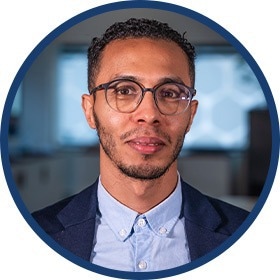 Co-founder and CTO of Watercycle technologies, Ahmed is leading the technological development in Watercycle Technologies. Since completing a Ph.D. in Chemistry in October 2019, he has developed expertise in membrane-based water separation techniques.
Co-founder and CTO of Watercycle technologies, Ahmed is leading the technological development in Watercycle Technologies. Since completing a Ph.D. in Chemistry in October 2019, he has developed expertise in membrane-based water separation techniques.
Ahmed's understanding of membrane technology allows him to serve his wider interest in reducing human suffering for those living in drought-ridden, war-torn and developing countries, as well as to play part in mitigating the negative environmental impacts of industrialization and waste production.
He has more than 10 years in academia and has co-authored 24 publications (most of them published in high-impact factor journals; h-index 14).
About Dr. Seb Leaper
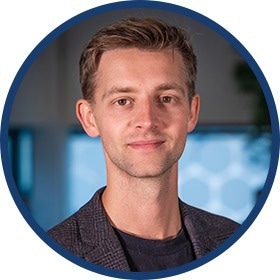 Dr. Seb Leaper is the Co-Founder & CEO at Watercycle Technologies, with a Materials Science background. He has a Ph.D. in nanoscience and a desire to make a real-world impact through our innovations at Watercycle Technologies.
Dr. Seb Leaper is the Co-Founder & CEO at Watercycle Technologies, with a Materials Science background. He has a Ph.D. in nanoscience and a desire to make a real-world impact through our innovations at Watercycle Technologies.
Ahmed and Seb together have lifted the value of WCT from just two-man band into 17 person covering technical team who are backed up with very strong commercial and scientific advisory boards.
Disclaimer: The views expressed here are those of the interviewee and do not necessarily represent the views of AZoM.com Limited (T/A) AZoNetwork, the owner and operator of this website. This disclaimer forms part of the Terms and Conditions of use of this website.